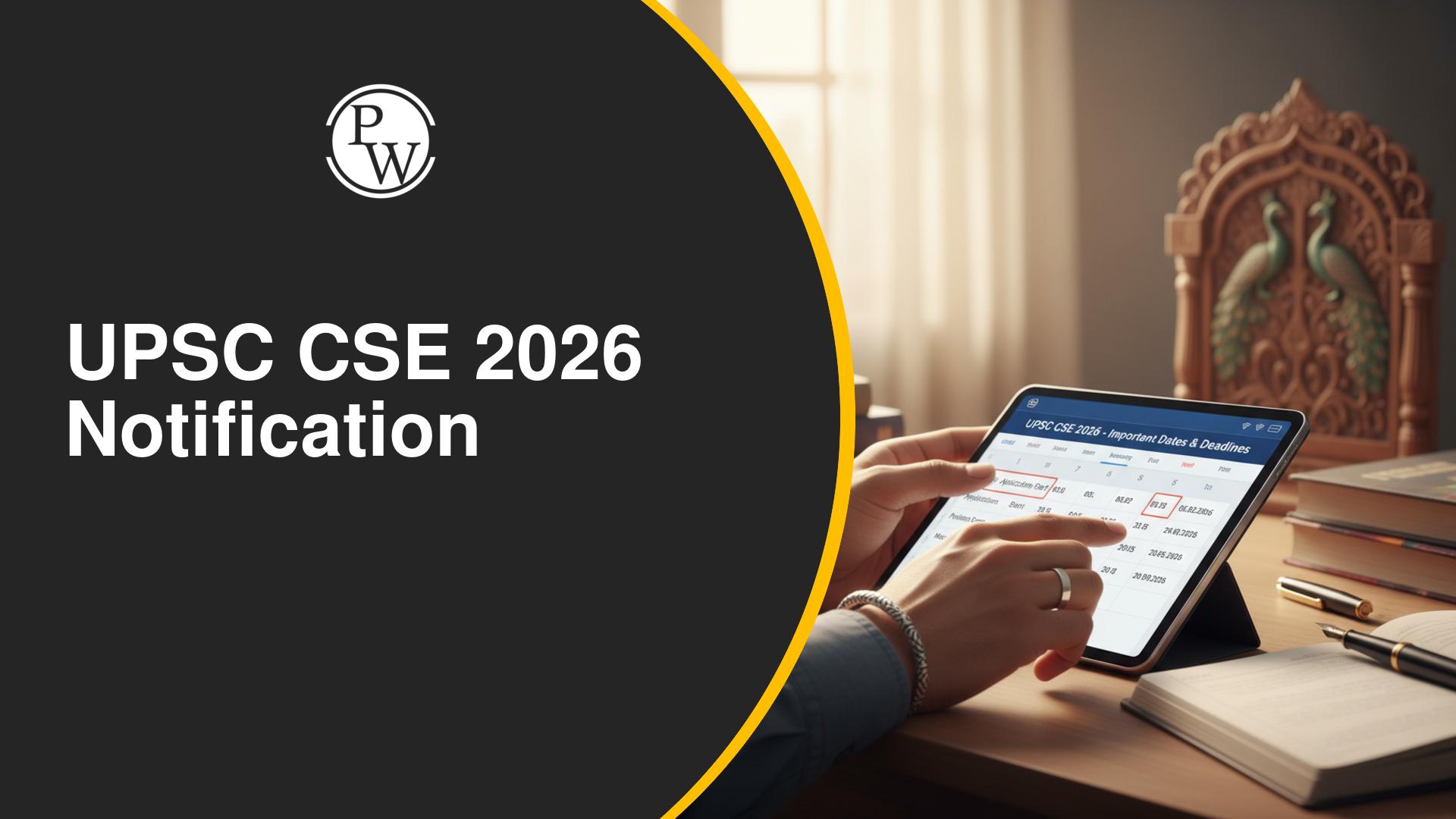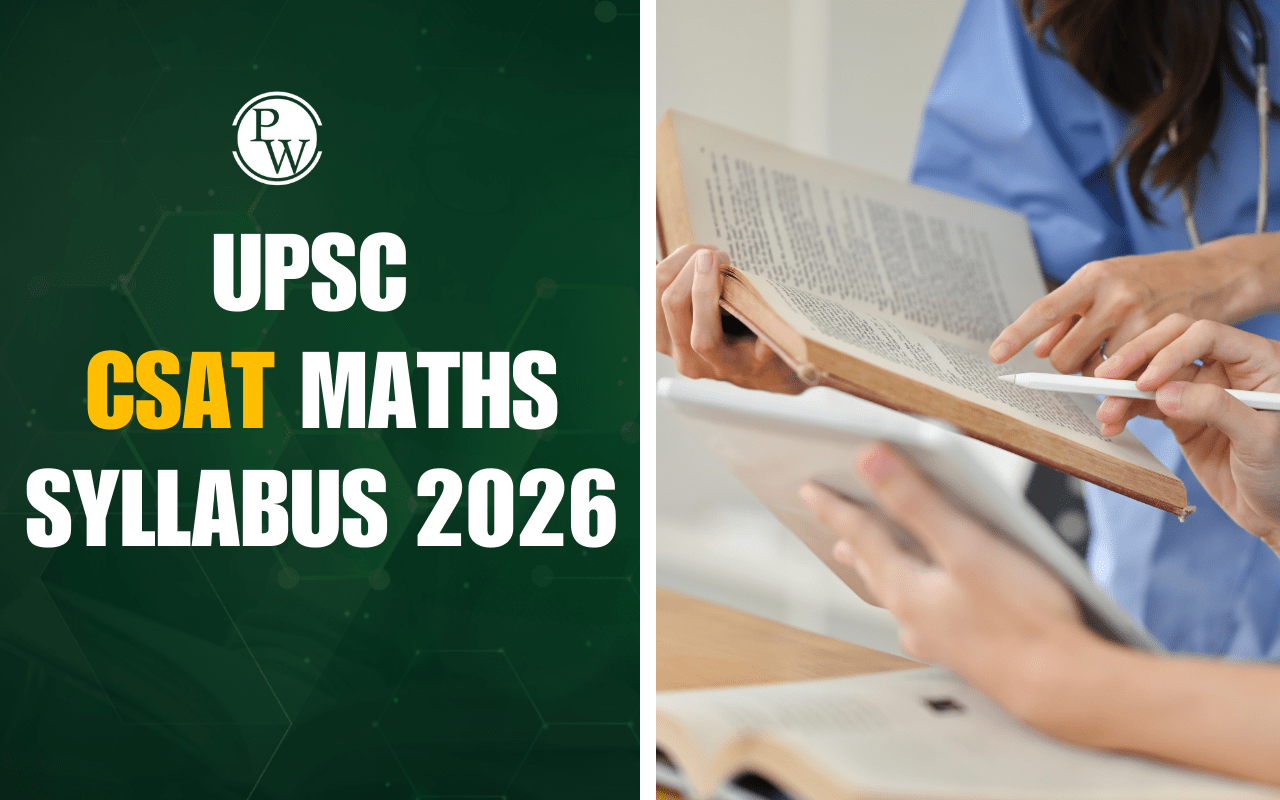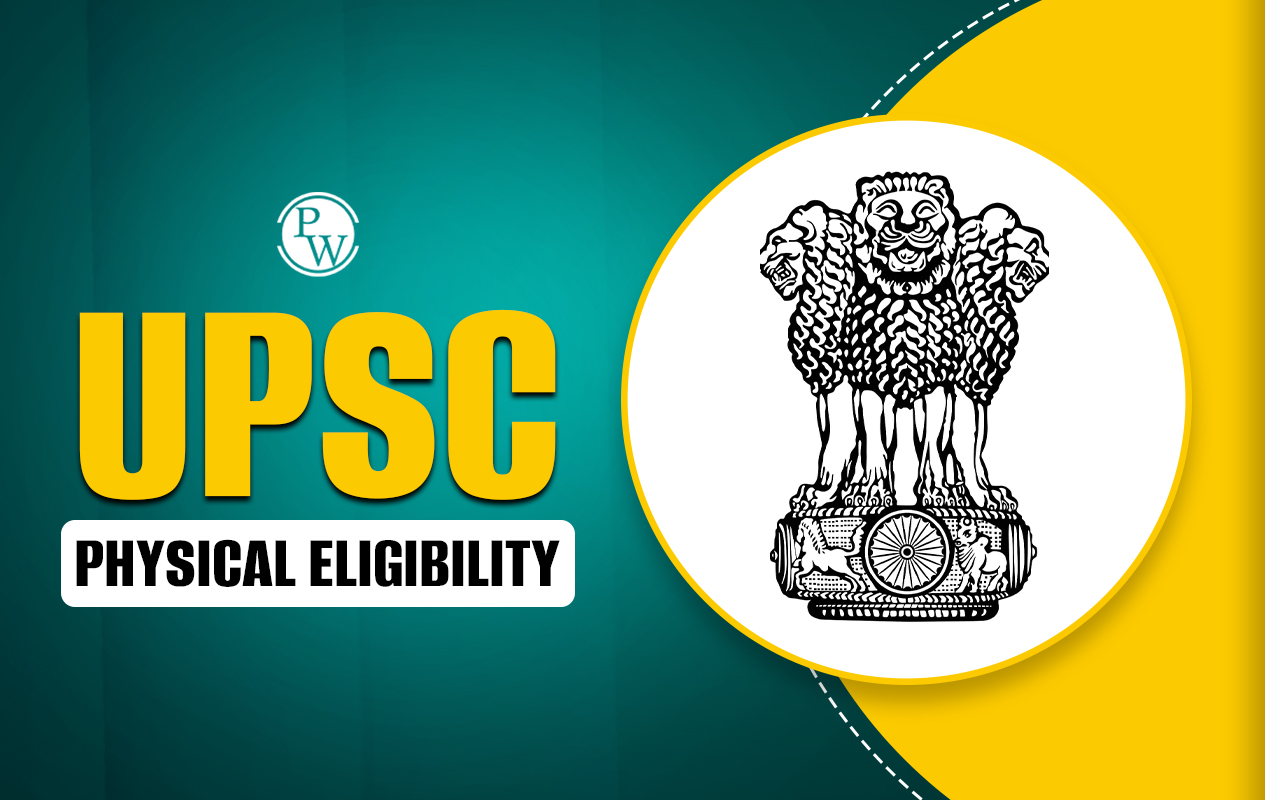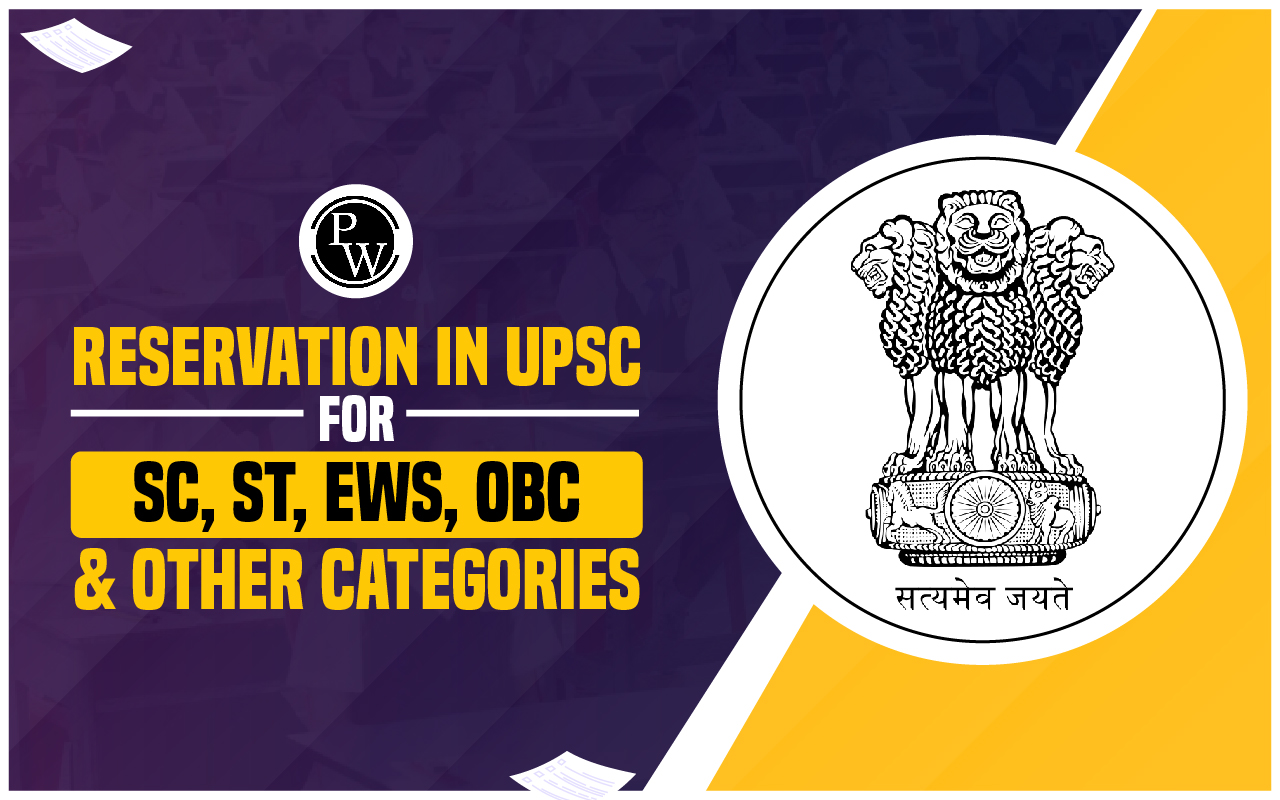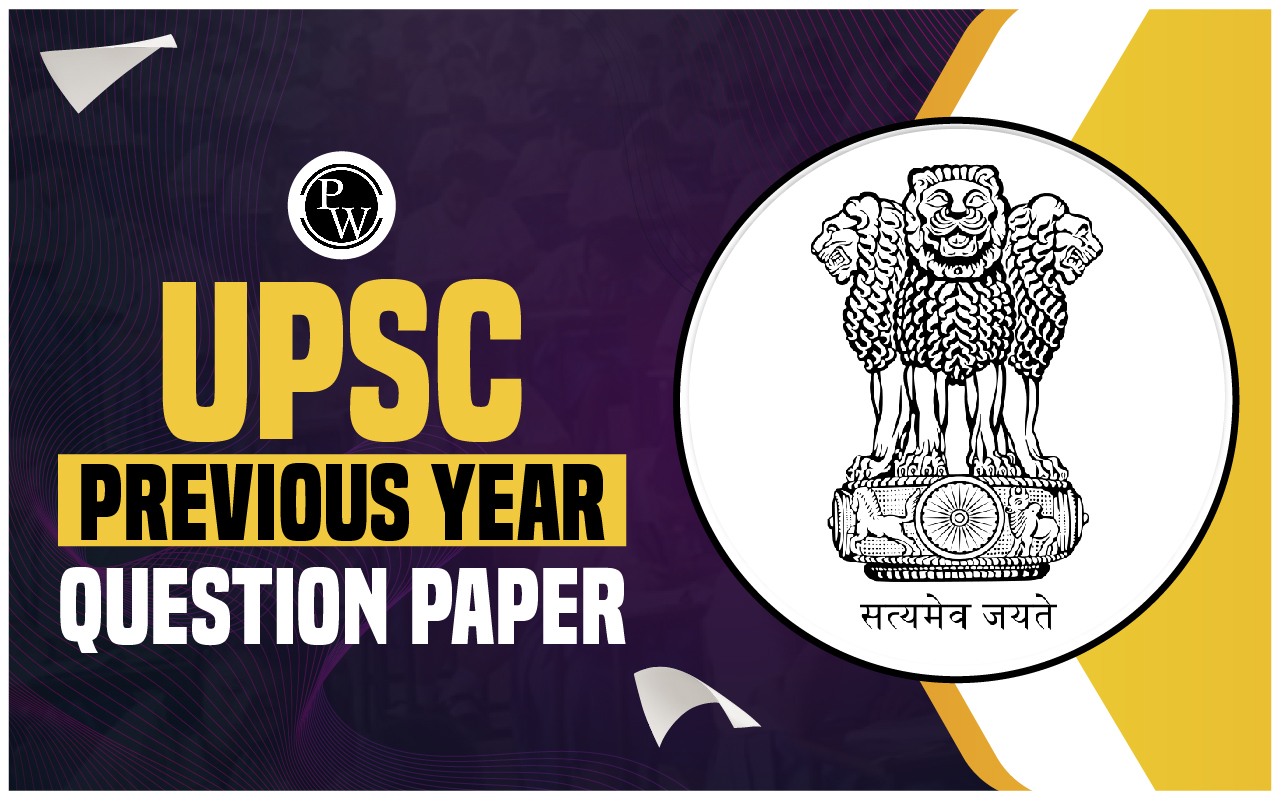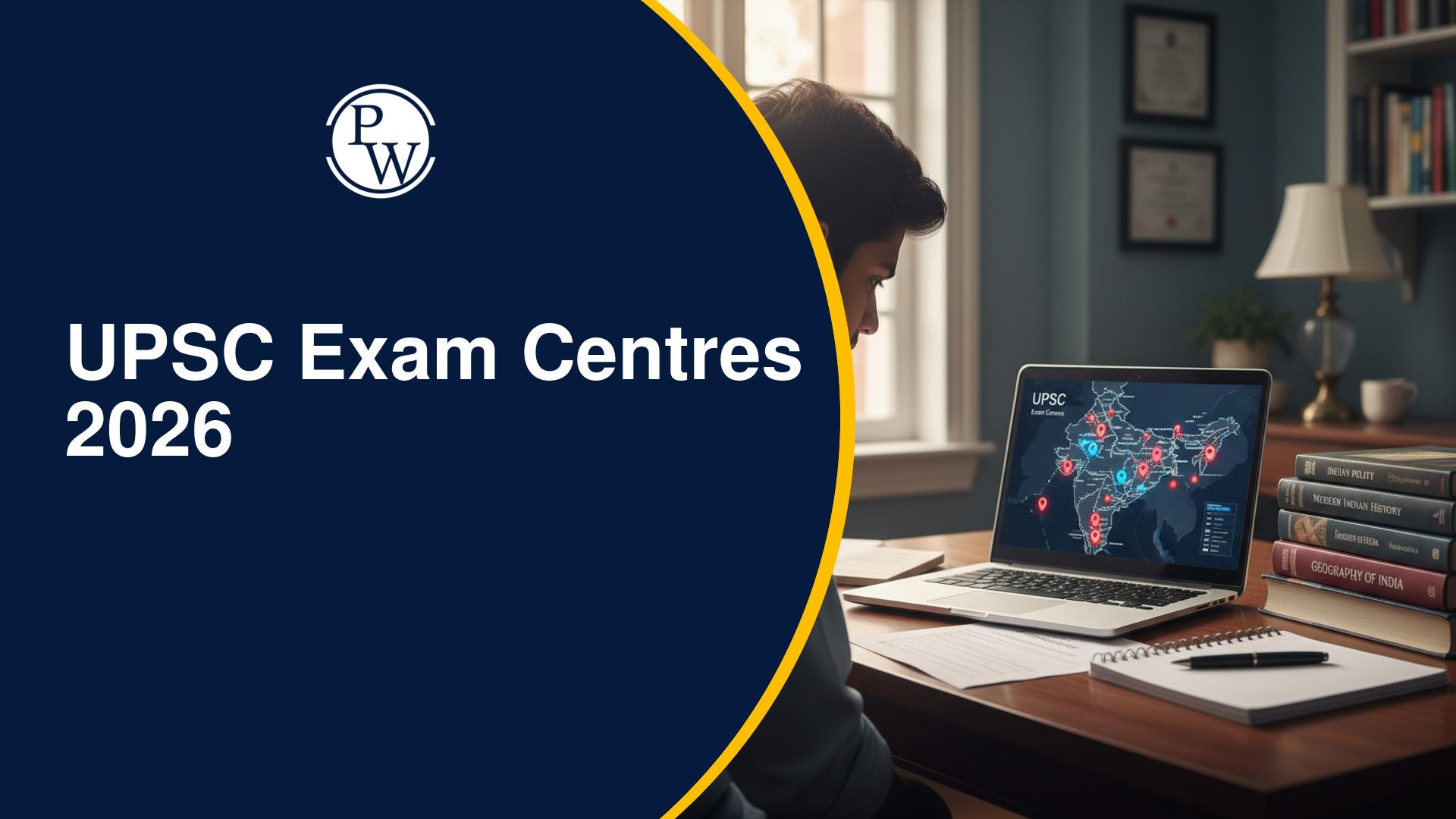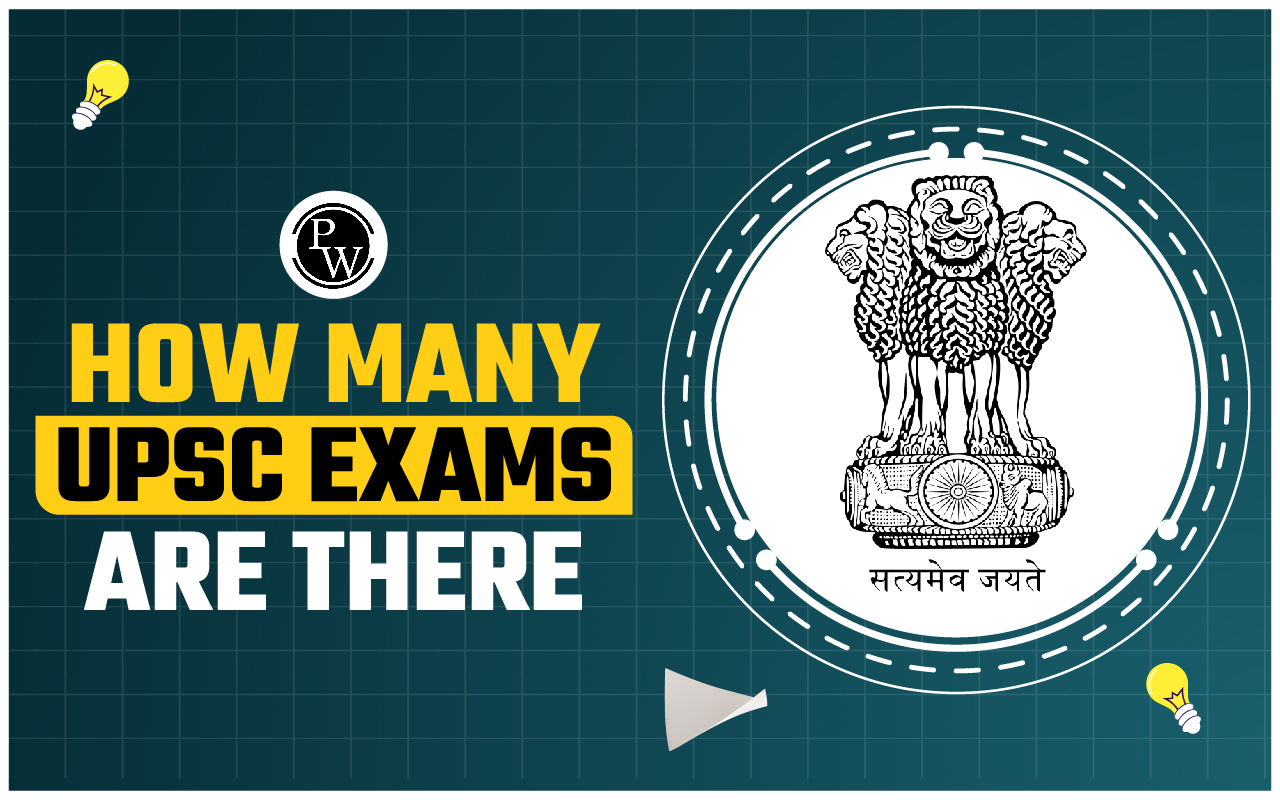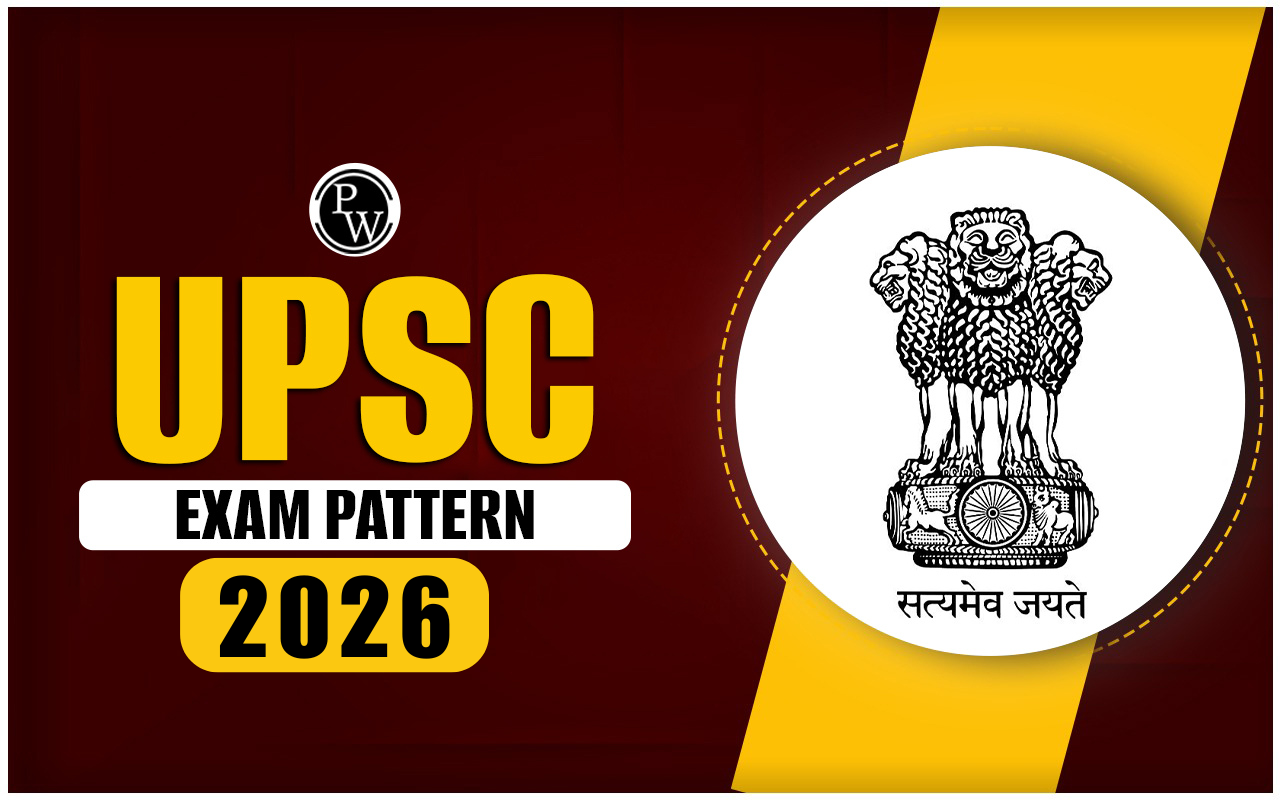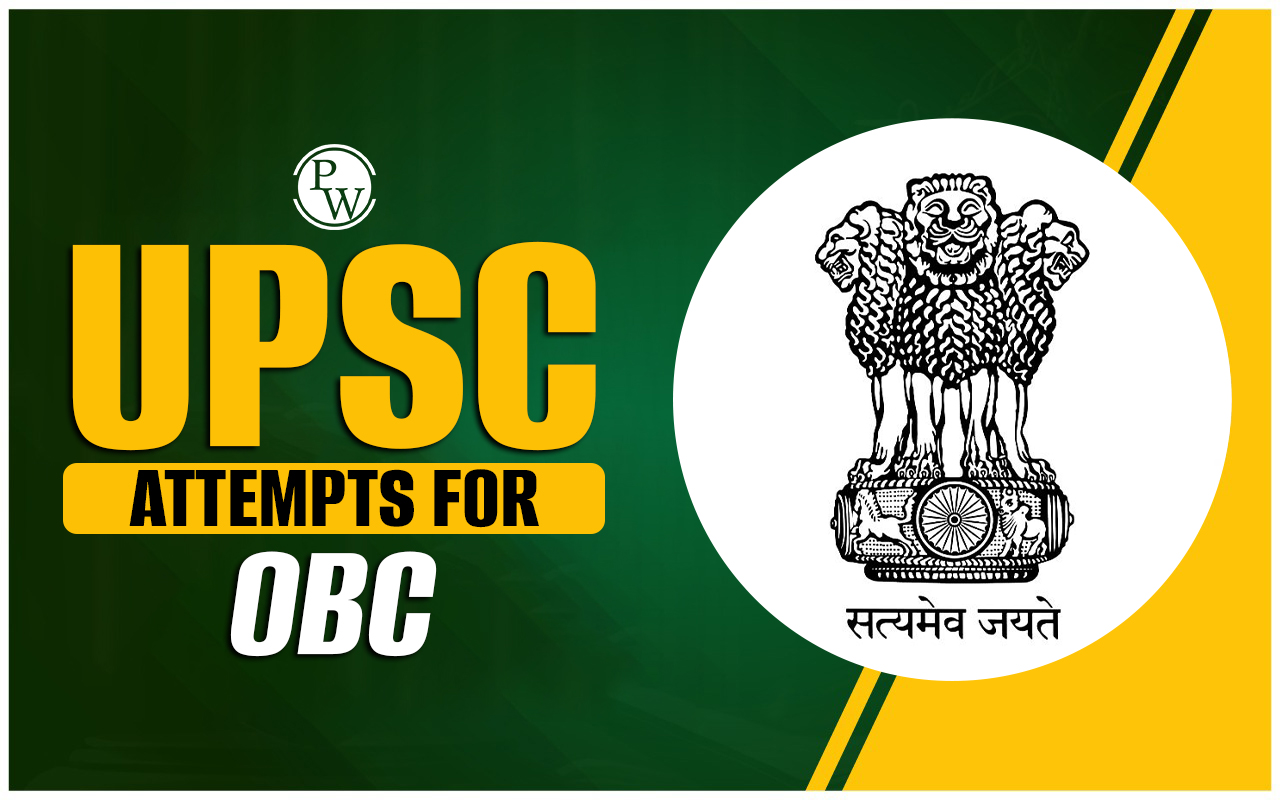
Important Topics in Polity for UPSC Mains 2025: Polity is a significant subject in the UPSC Mains examination, covering a wide range of topics from the Indian Constitution to administrative structure. In UPSC Mains GS Paper 2, the questions from the Polity section usually dominate the paper, requiring sufficient time and dedication.
Given the huge syllabus, revising important topics in Polity for UPSC Mains 2025 in the last few days is a good strategy. Read on to find out the important topics in Polity for UPSC Mains 2025 and how to study this subject to ensure maximum results.Important Topics in Polity for UPSC Mains 2025
In UPSC Mains 2025, around 10 to 12 questions might be asked from the Indian Polity in UPSC GS 1. Candidates should focus on fundamental theory as well as current issues in Polity while preparing for this stage. The Polity topics for Mains 2025 have been listed in the syllabus, of which a few have a high probability of appearing. Below is the table listing the important topics in Polity for UPSC Mains 2025:| Important Topics in Polity for UPSC Mains 2025 | |
| Topic | Subtopics |
| Constitutional Framework | Features, Preamble, Union and its Territory, Citizenship, Fundamental Rights, DPSP, Fundamental Duties, Amendment to the Constitution, Basic Structure, Comparison |
| System of Government | Parliament, Emergency Provisions, Union Government, State Government, Administration of Special Areas, Panchayati Raj and Municipalities |
| Federalism | Union Legislature, State Legislature, Centre-State Relations, Inter-State Relations, Cooperative Federalism, Fiscal Federalism |
| Union and State Executive | President, Vice-President, Prime Minister, Chief Minister, Council of Ministers |
| Judiciary | Supreme Court, High Courts, District Courts, Judicial Appointments, Judicial Independence, Judicial Review, Judicial Activism |
| Constitutional Bodies | Election Commission, UPSC, Finance Commission, Comptroller and Auditor General, National Commission for SC, ST, OBC, Women |
| Non-Constitutional Bodies | NITI Aayog, NHRC, SHRC, Lokpal, Central Vigilance Commission, Various Tribunals |
| Miscellaneous | Electoral Reforms, Political Funding, Electoral Bonds, 10th Schedule, Political Parties, Pressure Groups, Recent Amendments, Issues in Polity |
| Recent Developments | Personality Rights, Article 93 of the Constitution, Emblems and Names (Prevention of Improper Use) Act, 1950, Overseas Citizen of India (OCI) Scheme, e-Zero FIR, Biometric passports, and ICAO compliance |
How to Study Polity for UPSC Mains?
The UPSC Mains GS II Paper is significantly comprised of questions from Polity; therefore, following a strategic approach can help you fetch valuable marks in the exam. Here are tips to study Polity for the UPSC Mains exam:- Read Standard Books: As soon as you go through the UPSC GS 2 Syllabus , pick standard resources like M. Laxmikanth and PWONLYIAS UPSC Polity PRAHAAR & UPSC Wallah Mains books. These books provide comprehensive coverage of the subject from an analytical perspective.
- Focus on Fundamentals: Understand core topics like fundamental rights, the union executive, parliament, and federalism. Make concise notes for quick revision.
- Prioritize High-Weightage Topics: Allocate more time to high-weightage topics. Review past UPSC Mains exams to identify commonly asked questions.
- Understand Linkages: Recognize the interconnections between various Polity topics, like the role of the Judiciary in interpreting the Constitution. Further link static to current affairs themes. It will give you more clarity on how to approach each type of question.
- Practice Answer Writing: One of the best ways to learn is to enroll in a good UPSC Mains test series for Polity. This will provide you with regular practice and feedback on your answers to improve your overall performance on the exam day.
Indian Polity Previous Year Questions for UPSC Mains
Understanding the pattern of previous years' questions is essential for effective preparation. In recent years, the Polity questions have become more application-oriented, testing the candidates' ability to analyze and interpret key themes.| Indian Polity Previous Year Questions for UPSC Mains |
| Q.1 Examine the need for electoral reforms as suggested by various committees with particular reference to “one nation-one election principle. |
| Q.2 Explain and distinguish between Lok Adalats and Arbitration Tribunals. Whether they entertain civil as well as criminal cases? |
| Q.3 “The growth of the cabinet system has practically resulted in the marginalisation of parliamentary supremacy” Elucidate. |
| Q.4 “The duty of the Comptroller and Auditor General is not merely to ensure the legality of expenditure but also its propriety.” Comment. |
| Q.5 Analyse the role of local bodies in providing good governance at local level and bring out the pros and cons of merging the rural local bodies with the urban local bodies. |
| Q.6 What are the aims and objectives of recently passed and enforced, The Public Examination (Prevention of Unfair Means) Act, 2024. Whether University/State Education Board examinations, too, are covered under the Act? |
| Q.7 Right to privacy is intrinsic to life and personal liberty and is inherently protected under Article 21 of the constitution. Explain. In this reference, discuss the law relating to D.N.A. testing of a child in the womb to establish its paternity. |
| Q.8 What changes has the Union Government recently introduced in the domain of Centre-State relations? Suggest measures to be adopted to build the trust between the Centre and the States and for strengthening federalism. |
| Q.9 Explain the reasons for the growth of public interest litigation in India. As a result of it, has the Indian Supreme Court emerged as the world’s most powerful judiciary? |
| Q.10 Discuss India as a secular state and compare it with the secular principles of the US constitution. |
| Click Here for Solved Polity Questions |
| Click Here to Download Free High-Quality Solutions for all UPSC Mains PYQs for 2025. |
Important Topics in Polity for UPSC Mains 2025 FAQs
What are the most important topics in polity for UPSC Mains 2025?
The most important topics include the Constitutional Framework, System of Government, Federalism, Union and State Executive, Judiciary, Constitutional Bodies, and Non-Constitutional Bodies.
How much time is required to complete the polity for UPSC Mains 2025?
On average, 1.5 to 2 months of dedicated study are required to comprehensively cover Polity for UPSC Mains 2025.
How to tackle polity for UPSC Mains 2025?
Focus on reading standard books, understanding the fundamentals, studying high-weightage topics, linking static topics to current affairs, and practising answer writing.
Where can I cover Polity's current affairs for UPSC Mains 2025?
Polity-related current affairs can be covered through The Hindu or Indian Express and ‘https://pwonlyias.com/current-affairs ’.
Is NCERT needed for the UPSC Mains Polity Section?
Yes, NCERT books are essential for the UPSC Mains Polity section as they provide a solid foundational understanding of the Indian political system and Constitution.
Talk to a counsellorHave doubts? Our support team will be happy to assist you!

Check out these Related Articles
Free Learning Resources
PW Books
Notes (Class 10-12)
PW Study Materials
Notes (Class 6-9)
Ncert Solutions
Govt Exams
Class 6th to 12th Online Courses
Govt Job Exams Courses
UPSC Coaching
Defence Exam Coaching
Gate Exam Coaching
Other Exams
Know about Physics Wallah
Physics Wallah is an Indian edtech platform that provides accessible & comprehensive learning experiences to students from Class 6th to postgraduate level. We also provide extensive NCERT solutions, sample paper, NEET, JEE Mains, BITSAT previous year papers & more such resources to students. Physics Wallah also caters to over 3.5 million registered students and over 78 lakh+ Youtube subscribers with 4.8 rating on its app.
We Stand Out because
We provide students with intensive courses with India’s qualified & experienced faculties & mentors. PW strives to make the learning experience comprehensive and accessible for students of all sections of society. We believe in empowering every single student who couldn't dream of a good career in engineering and medical field earlier.
Our Key Focus Areas
Physics Wallah's main focus is to make the learning experience as economical as possible for all students. With our affordable courses like Lakshya, Udaan and Arjuna and many others, we have been able to provide a platform for lakhs of aspirants. From providing Chemistry, Maths, Physics formula to giving e-books of eminent authors like RD Sharma, RS Aggarwal and Lakhmir Singh, PW focuses on every single student's need for preparation.
What Makes Us Different
Physics Wallah strives to develop a comprehensive pedagogical structure for students, where they get a state-of-the-art learning experience with study material and resources. Apart from catering students preparing for JEE Mains and NEET, PW also provides study material for each state board like Uttar Pradesh, Bihar, and others
Copyright © 2026 Physicswallah Limited All rights reserved.
